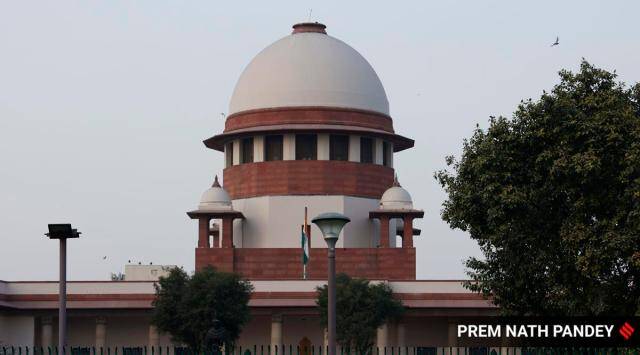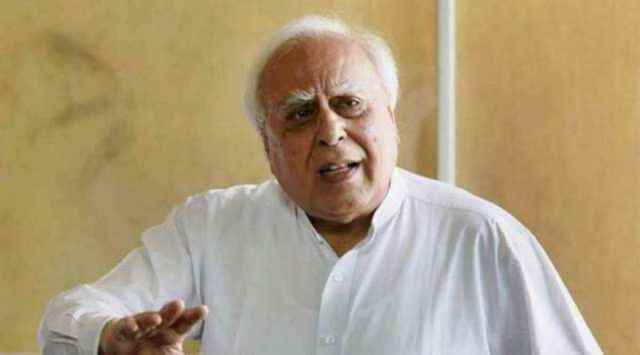
The Supreme Court of India is set to hear the pleas of the Gujarat government and the convicts in the Godhra train burning case on Monday. The case relates to the burning of a train in Godhra in February 2002, which led to communal riots in Gujarat that resulted in the death of over 1,000 people.
Background of the Case
On 27th February 2002, a train carrying Hindu pilgrims was set on fire in Godhra, a city in the Indian state of Gujarat. The incident resulted in the death of 59 people. The incident was followed by a wave of communal riots in Gujarat, which led to the death of over 1,000 people, mostly Muslims.
In 2011, a special court in Gujarat convicted 31 people in the case, sentencing 11 to death and 20 to life imprisonment. However, in 2017, the Gujarat High Court commuted the death sentences of 11 convicts to life imprisonment.
Pleas before the Supreme Court
The Gujarat government has filed a plea before the Supreme Court, challenging the decision of the Gujarat High Court to commute the death sentences of the convicts. The government has sought the restoration of the death sentences.
The convicts in the case have also filed a plea before the Supreme Court, challenging their convictions and seeking their acquittal.
Importance of the Case
The Godhra train burning case is one of the most controversial and politically sensitive cases in India’s recent history. The case has been a source of communal tension and has been used by political parties to further their own agendas.
The case has also raised questions about the fairness of India’s justice system and the ability of the judiciary to dispense justice without fear or favour.
Conclusion
The hearing of the pleas related to the Godhra train burning case before the Supreme Court on Monday is significant, as it will determine the fate of the convicts in the case and will have wider implications for the justice system in India.
The case has been a source of controversy and tension for over two decades, and its resolution will be closely watched by people across India and the world. The Supreme Court’s decision will be eagerly awaited and will be seen as a test of the judiciary’s ability to dispense justice impartially and without fear or favour.








